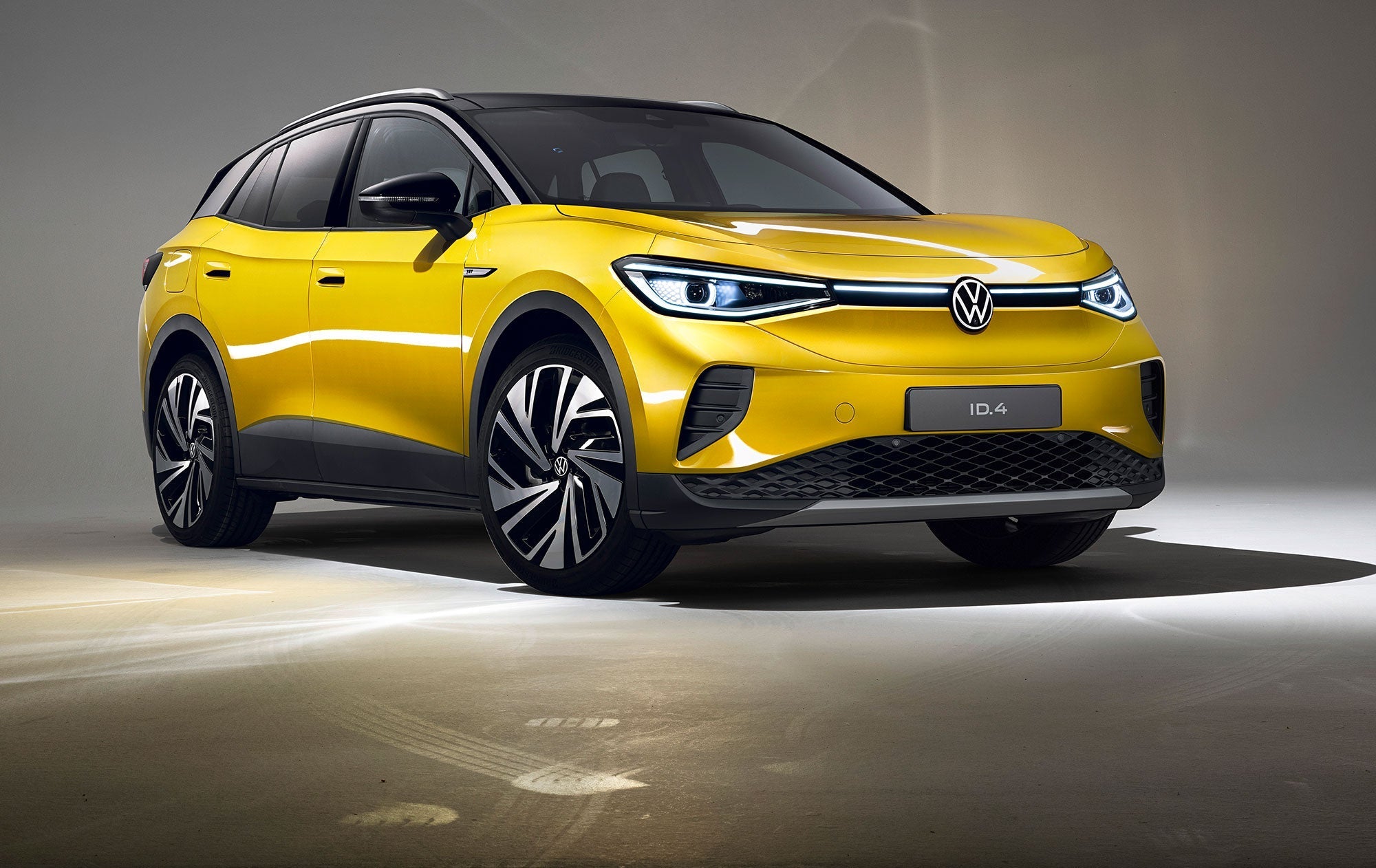On 21st October 2023, Volkswagen (VW) marked a significant milestone - ceasing the sale of Internal Combustion Engine (ICE) cars in Norway. This decision came 75 years after the brand made its entry into the Norwegian market. The cessation of fossil fuel-powered cars sales, coinciding with the 10-year anniversary of VW's first fully electric model registration in Norway, underscores a broader, accelerating shift towards electric vehicles (EVs) in Europe.
A Prelude to a Sustainable Future
The movement away from ICE cars by VW, a major player in the automotive industry, is emblematic of a larger transition towards sustainable transportation across Europe. This shift gains more gravity considering the imminent bans on ICE vehicles in various European countries. However, consumer preferences and market trends suggest that the transition to EVs might outpace political mandates.
The Ban vs Market Transition Dynamics
Norway, which plans to ban ICE cars by 2025, has already witnessed a rapid EV adoption curve, rendering the ban almost a non-factor. Similarly, other European nations are showing a faster adoption rate compared to Norway. For instance, Sweden and Denmark, with respective plugin market shares of 60% and 52% as of recent data, are ahead of the curve. Germany, Europe's largest car market, reported a 37% plugin market share, with Battery Electric Vehicles (BEVs) accounting for 31.7%.
A Cascade Effect Across Europe
As the EV market share surges, automakers are finding it economically untenable to continue with ICE car sales. The compelling economics in favor of EVs is likely to hasten the phasing out of ICE cars well before the proposed bans in 2030 or 2035 in several European countries. The transition seems to be a cascading one, with countries like the UK, where plugins had a market share of 27.8% as of August, predicted to follow suit in less than six years.

VW's EV Journey Amid Competitive Pressures
VW's shift to a 100% electric portfolio in Norway comes amidst stiff competition, notably from Tesla, which holds a substantial market share in the BEV segment. The upcoming market entrants like BYD with their competitively priced models like the Dolphin and Seal are poised to challenge VW's offerings like the ID3. The pricing dynamics, coupled with similar or better specifications, might compel VW to revisit its pricing strategy to retain market share.
The Broader Implication for Automakers
While VW takes a pioneering step in Norway, other automakers might soon follow suit, making Norway a blueprint for other markets. However, not all automakers share the same vision. For instance, BMW's reluctance to set a phase-out date for ICE cars and its investment in Hydrogen technology reflects a contrasting approach to achieving zero-emission transportation.

Conclusion
VW's decision marks a pivotal moment not just for Norway, but potentially for the broader European auto market. As the continent witnesses a faster EV adoption rate, the economic rationale for ICE vehicles diminishes. The unfolding scenario in Norway could be a precursor to what might soon be a common trend across Europe, making the roadmap to a sustainable automotive landscape more tangible and imminent.
Thanks for reading. Lars Strandridder, BestInTESLA



Share:
Tesla Cybertruck Endures Bulletproof Testing
Toyota's Late Leap into the EV Race: A Misstep or Calculated Delay?
100 コメント
Muchas gracias. ?Como puedo iniciar sesion?
Muchas gracias. ?Como puedo iniciar sesion?
Muchas gracias. ?Como puedo iniciar sesion?
Muchas gracias. ?Como puedo iniciar sesion?
Muchas gracias. ?Como puedo iniciar sesion?